Attention Deficit Hyperactivity Disorder (ADHD) is a neurodevelopmental condition affecting millions of people worldwide, characterised by symptoms such as inattention, hyperactivity, and impulsivity. While traditional treatments like medication and behavioural therapy have helped many, there is growing interest in natural alternatives to manage ADHD symptoms. One emerging option is Lion’s Mane Mushroom (Hericium erinaceus), a medicinal mushroom known for its potential to support brain health and cognitive function.
In this guide, we’ll explore ADHD, the science behind Lion’s Mane, and how this mushroom may provide a natural approach to improving focus, calming hyperactivity, and enhancing overall mental clarity.
Understanding ADHD
ADHD is a complex condition with a wide spectrum of symptoms that can vary from person to person. It is generally divided into three types:
- Predominantly Inattentive Presentation: Difficulty maintaining focus, organising tasks, and following instructions.
- Predominantly Hyperactive-Impulsive Presentation: Excessive energy, restlessness, and impulsive actions.
- Combined Presentation: A mix of inattentiveness and hyperactivity-impulsivity.
ADHD is often linked to imbalances in the brain's neurotransmitter systems, particularly dopamine and norepinephrine. These chemicals play key roles in regulating attention, motivation, and emotional responses. Individuals with ADHD tend to have:
- Lower dopamine levels, leading to difficulties with motivation and reward processing.
- Weaker connections in the prefrontal cortex, the brain region responsible for executive functions like decision-making, impulse control, and focus.
- Heightened neural noise, making it harder for the brain to filter out distractions.
While natural supplements shouldn’t be used to replace physician-prescribed ADHD medications, they can help tackle some of the symptoms associated with ADHD. Always speak to your doctor before taking a natural supplement with your medication to avoid any possible counter-indications.
How Lion’s Mane Works: A Neuroprotective Mushroom
Lion’s Mane is a medicinal mushroom that has gained popularity for its potential cognitive benefits. Packed with bioactive compounds such as hericenones and erinacines, Lion’s Mane has unique properties that could make it beneficial for managing ADHD symptoms.
Nerve Growth Factor (NGF) Stimulation
One of Lion’s Mane’s standout features is its ability to stimulate the production of nerve growth factor (NGF), a protein crucial for the growth, repair, and maintenance of neurons. ADHD is often associated with reduced neural connectivity in key brain regions like the prefrontal cortex. By promoting NGF, Lion’s Mane may help:
- Strengthen neural connections.
- Enhance brain plasticity, the brain’s ability to adapt and form new connections.
- Support the repair of damaged neurons, potentially improving cognitive functions over time.
Dopamine Regulation
Research suggests that Lion’s Mane may influence dopamine pathways, which are critical for attention, focus, and motivation. By supporting the brain’s dopamine system, Lion’s Mane could address some of the core challenges faced by people with ADHD, such as difficulty sustaining focus or completing tasks.
Reducing Inflammation and Oxidative Stress
Inflammation and oxidative stress can disrupt brain function, potentially exacerbating ADHD symptoms. Lion’s Mane contains powerful antioxidants that help neutralise free radicals and reduce inflammation in the brain. This creates a healthier environment for neurons to function effectively, potentially improving mental clarity and reducing hyperactivity.
Mood and Emotional Regulation
ADHD often coexists with conditions like anxiety and depression. Lion’s Mane has shown promise in supporting emotional well-being by:
- Promoting hippocampal regeneration (the area of the brain linked to mood regulation).
- Reducing symptoms of anxiety and depression.
- Encouraging a sense of calm, which may help mitigate impulsivity and restlessness.
Potential Benefits of Lion’s Mane for ADHD
1. Improved Focus and Attention
Struggling to concentrate or sustain attention is a hallmark symptom of ADHD, affecting daily tasks, work, and relationships. Lion’s Mane may help address this by boosting the brain’s natural ability to process, retain, and utilise information more efficiently.
At the core of this benefit is Lion’s Mane’s ability to stimulate nerve growth factor (NGF) production, which plays a critical role in repairing and forming connections between neurons. Stronger and more robust neural networks can help filter distractions, allowing individuals with ADHD to focus more effectively on tasks at hand. Over time, the cumulative effects of these enhanced neural pathways may contribute to longer periods of sustained attention and better task-switching abilities, crucial for navigating the demands of modern life.
Lion’s Mane may modulate neurotransmitters like dopamine and norepinephrine, the chemicals responsible for focus and motivation. By supporting these systems, Lion’s Mane doesn’t just help you pay attention—it enhances your ability to stay engaged and productive throughout the day.
2. Better Emotional Control
Emotional regulation is a significant challenge for many individuals with ADHD. Impulsivity often leads to sudden outbursts, frustration, or difficulty managing stress. Lion’s Mane shows promise in stabilising mood and promoting emotional balance through its effects on the brain's neuroplasticity.
The mushroom’s ability to regenerate neurons, particularly in regions like the hippocampus (linked to emotion processing), fosters improved communication between areas of the brain involved in mood regulation. This can translate to fewer mood swings, less irritability, and a greater capacity to handle stressors calmly.
Lion’s Mane’s anti-inflammatory properties may help reduce neural inflammation associated with heightened emotional responses. By calming these internal processes, individuals with ADHD may experience greater control over their reactions and develop healthier coping mechanisms over time.
3. Calming Hyperactivity
Hyperactivity and impulsivity, especially in children with ADHD, can manifest as constant fidgeting, restlessness, or difficulty sitting still. Lion’s Mane may help temper these symptoms by addressing the root causes of overstimulation in the brain.
Through its antioxidant and anti-inflammatory properties, Lion’s Mane reduces oxidative stress and inflammation in neural tissue, both of which are often elevated in ADHD. This creates a more balanced environment in the brain, allowing for smoother neural signalling and reducing the chaotic activity that fuels hyperactive behaviour.
Unlike traditional sedatives, Lion’s Mane promotes a sense of calm without causing drowsiness, making it a useful option for those who need to manage hyperactivity while staying alert and engaged. This natural calming effect can also aid in improving impulse control, helping individuals think before they act.
4. Enhanced Memory and Learning
ADHD frequently affects working memory—the ability to hold and manipulate information for short periods—which can make everyday activities and learning more challenging. Lion’s Mane tackles this issue by supporting neurogenesis (the growth of new brain cells) and reinforcing the synaptic connections that facilitate communication between neurons.
By boosting NGF levels, Lion’s Mane strengthens the brain’s ability to encode and retrieve information. This may improve working memory, long-term memory, and the ability to learn new skills. The mushroom’s effects on the hippocampus—a region of the brain associated with memory—are particularly beneficial, as they may help enhance recall and retention, critical areas often impaired in individuals with ADHD.
Additionally, the improvements in memory and learning aren’t limited to academics or professional tasks; they extend to everyday problem-solving, multitasking, and decision-making, which can significantly enhance quality of life.
5. Reduced Anxiety and Stress
ADHD often coexists with anxiety, creating a cycle of mental and physical stress that can exacerbate symptoms like inattention and hyperactivity. Lion’s Mane offers natural anti-anxiety benefits, making it an appealing option for managing both conditions simultaneously.
Studies suggest that Lion’s Mane helps regulate the stress hormone cortisol, preventing it from reaching levels that can impair focus and emotional balance. Lower cortisol levels create a calmer mental state, reducing feelings of overwhelm and helping individuals approach tasks with greater clarity.
The mushroom’s ability to regenerate brain cells in the hippocampus, a region also linked to anxiety, may further contribute to a sense of mental calm. This dual action—calming both the mind and the body—helps individuals with ADHD feel less frazzled and more grounded, setting the stage for improved focus and productivity.
By promoting a more relaxed state without sedative effects, Lion’s Mane provides a natural alternative to harsh anti-anxiety medications, making it easier to manage the emotional toll ADHD can take.
Complementary Supplements for ADHD
While Lion’s Mane is a powerful ally, combining it with other supplements can amplify its effects. Here are some that pair well with Lion’s Mane for ADHD support:
1. L-Theanine
- Benefits: Promotes relaxation without drowsiness and reduces anxiety.
- Why Pair It with Lion’s Mane: L-theanine enhances focus and calmness, complementing Lion’s Mane’s cognitive benefits. This duo creates a state of “relaxed alertness,” ideal for sustained attention.
2. Magnesium
- Benefits: Supports relaxation, improves sleep quality, and reduces hyperactivity.
- Why Pair It with Lion’s Mane: Magnesium helps calm the nervous system, creating a solid foundation for Lion’s Mane to enhance focus and cognitive function.
3. Omega-3 Fatty Acids
- Benefits: Supports brain structure and function, particularly in the prefrontal cortex.
- Why Pair It with Lion’s Mane: Omega-3s enhance neuroplasticity and work synergistically with Lion’s Mane to strengthen neural pathways.
4. Bacopa Monnieri
- Benefits: Improves memory, reduces anxiety, and supports attention.
- Why Pair It with Lion’s Mane: Both are natural nootropics that enhance learning and focus, making them a powerful combination for ADHD management.
5. Citicoline
- Benefits: Boosts brain energy and enhances attention span.
- Why Pair It with Lion’s Mane: Citicoline supports acetylcholine production, a neurotransmitter crucial for learning and memory, complementing Lion’s Mane’s NGF-boosting effects.
Using Lion’s Mane for ADHD: Practical Tips
For cognitive and ADHD-related benefits, a typical dose of Lion’s Mane ranges from 500 mg to 3000 mg per day. Start at the lower end and gradually increase to find what works best for you:
- Morning: Take Lion’s Mane with breakfast to enhance focus and mental clarity throughout the day.
- Evening: If ADHD symptoms interfere with sleep, a lower dose of Lion’s Mane may help promote relaxation.
Lion’s Mane works best when taken consistently over weeks or months. Its effects on NGF and brain health take time to build but can lead to long-lasting improvements.
Supplements are most effective when combined with other ADHD-friendly strategies:
- Diet: Focus on whole, nutrient-dense foods to support brain health.
- Exercise: Regular physical activity helps regulate dopamine and norepinephrine levels.
- Mindfulness: Practices like meditation and yoga can improve attention and reduce hyperactivity.
The Research Behind Lion’s Mane and ADHD
Although research on Lion’s Mane specifically for ADHD is still emerging, existing studies highlight its potential.
A 2019 study investigated the effects of Lion’s Mane on adults with mild cognitive impairment (MCI). Participants who consumed Lion's Mane supplements showed improvement in cognitive test performance during the supplementation period. However, these effects were not sustained after discontinuation, suggesting ongoing use may be necessary for benefits. This aligns with its potential applicability in enhancing focus and mental clarity, relevant to ADHD symptoms.
Animal studies have shown Lion's Mane's ability to regenerate damaged nerves and enhance memory. These effects are attributed to its stimulation of nerve growth factor (NGF), which supports neurogenesis and improved communication between neurons. Such mechanisms make it a potential natural aid for ADHD management by addressing cognitive and memory-related challenges.
Preliminary research suggests Lion’s Mane may influence neurotransmitter systems involved in mood and cognitive processing. This is critical for ADHD, as neurotransmitter imbalances often underlie symptoms like impulsivity, hyperactivity, and emotional dysregulation. Lion's Mane's role in reducing inflammation and promoting neuroplasticity further supports its use for improving emotional control and reducing ADHD-related anxiety
Are There Any Side Effects?
Lion’s Mane is considered safe and well-tolerated. Mild side effects, such as digestive discomfort or skin irritation, are rare and usually subside with continued use. To avoid adverse effects, start with a low dose and gradually increase. Choose high-quality, organic supplements free of fillers or additives (like the ones available from Sentro Labs) and consult with a healthcare professional, especially if you are pregnant, nursing, or taking medications.
Conclusion
Lion’s Mane is a promising natural option for managing ADHD symptoms. Its ability to promote neurogenesis, regulate dopamine, and reduce inflammation offers a multifaceted approach to improving focus, calming hyperactivity, and supporting emotional well-being.
When combined with complementary supplements like magnesium, L-theanine, and citicoline, Lion’s Mane can alleviate anxiety and depression, reduce stress and inflammation, and boost mental function. These attributes make it a valuable ally in the fight against ADHD, a disorder that often coexists with these mental health issues.
Buy quality lion’s mane supplements online today and take charge of your health.




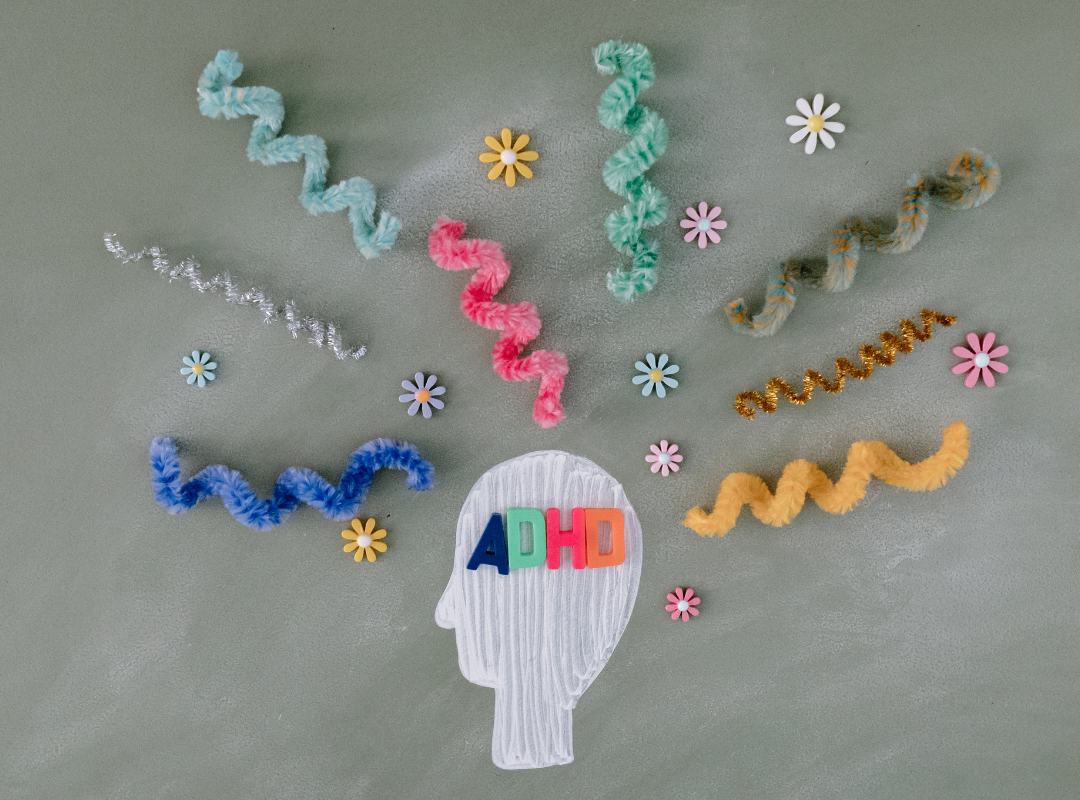
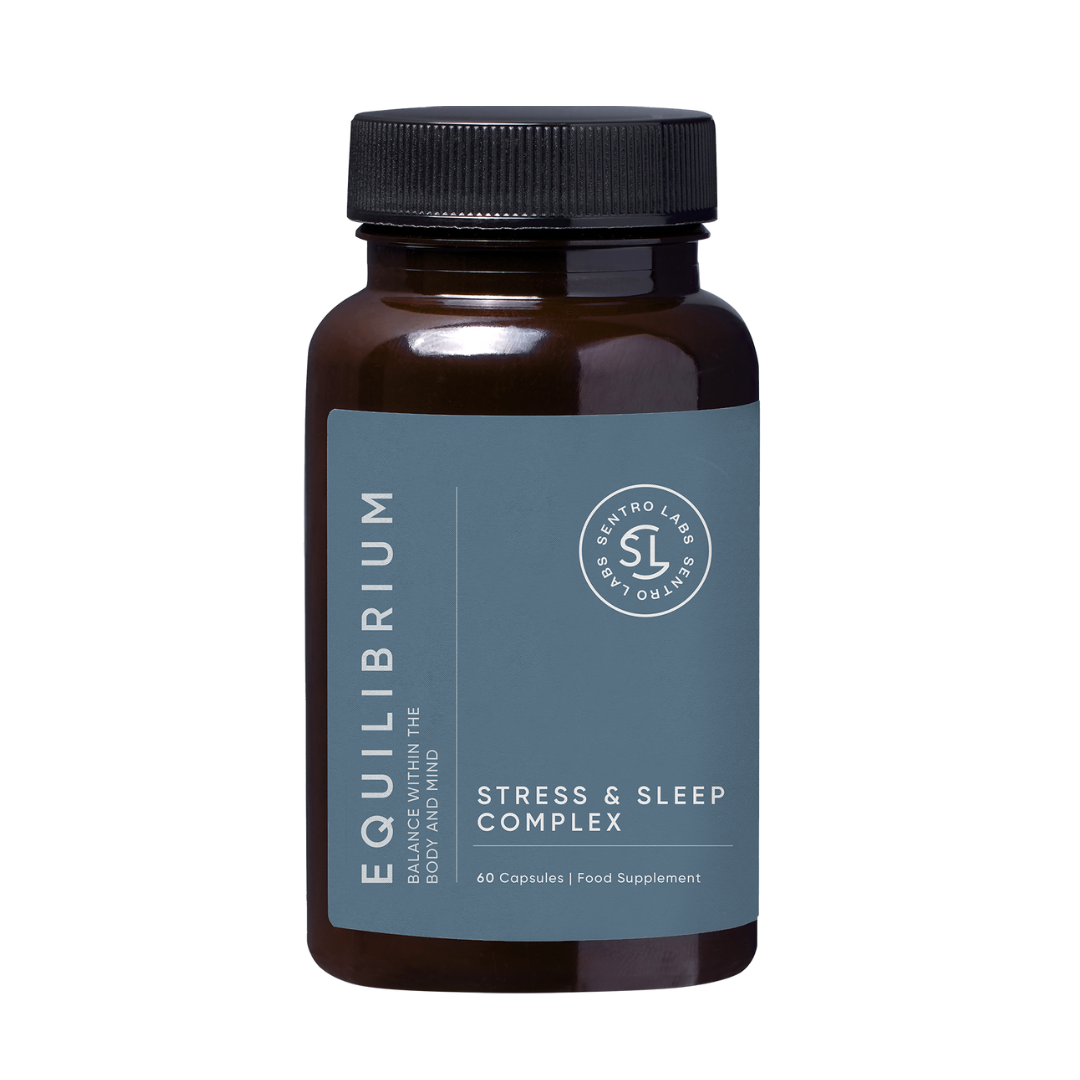




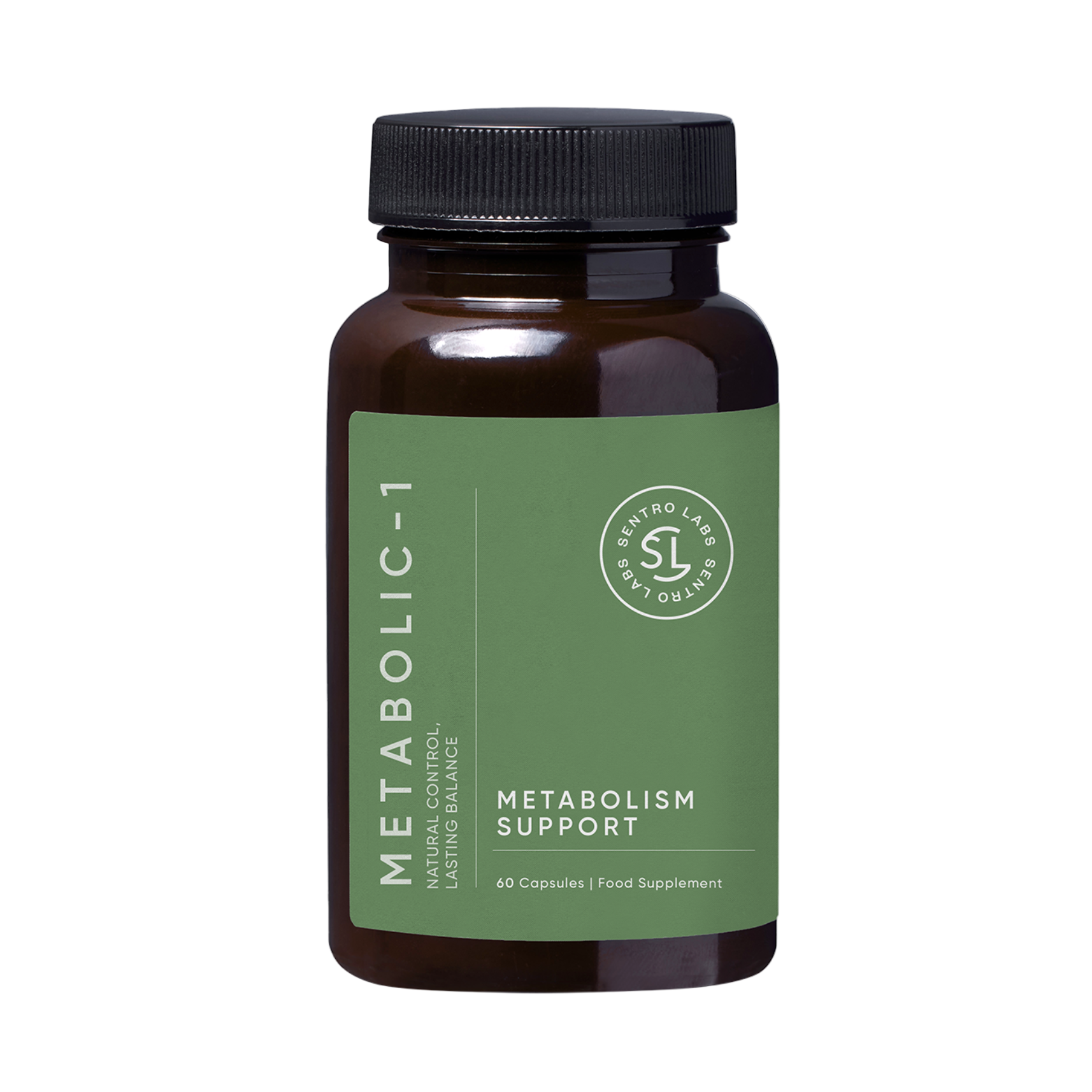
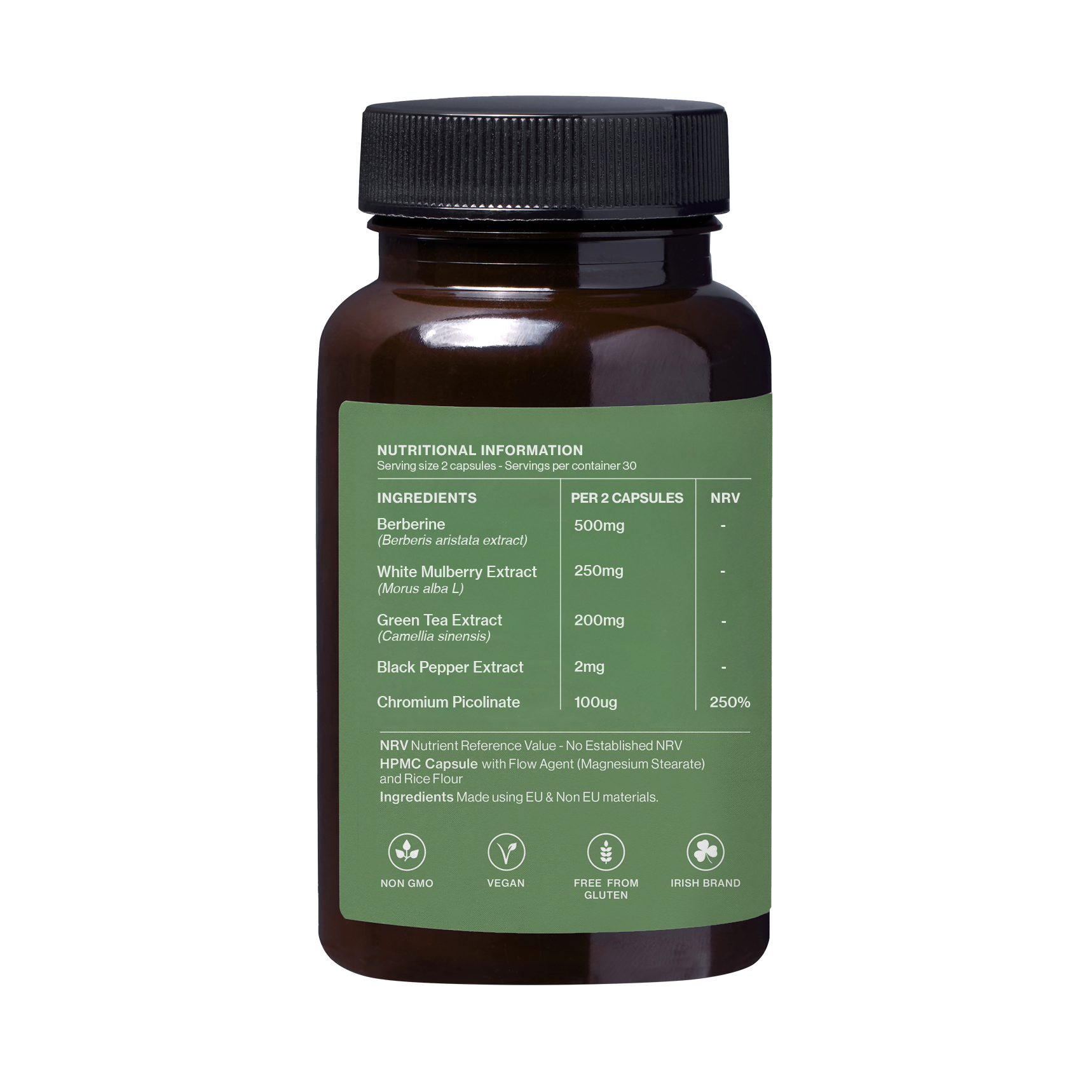




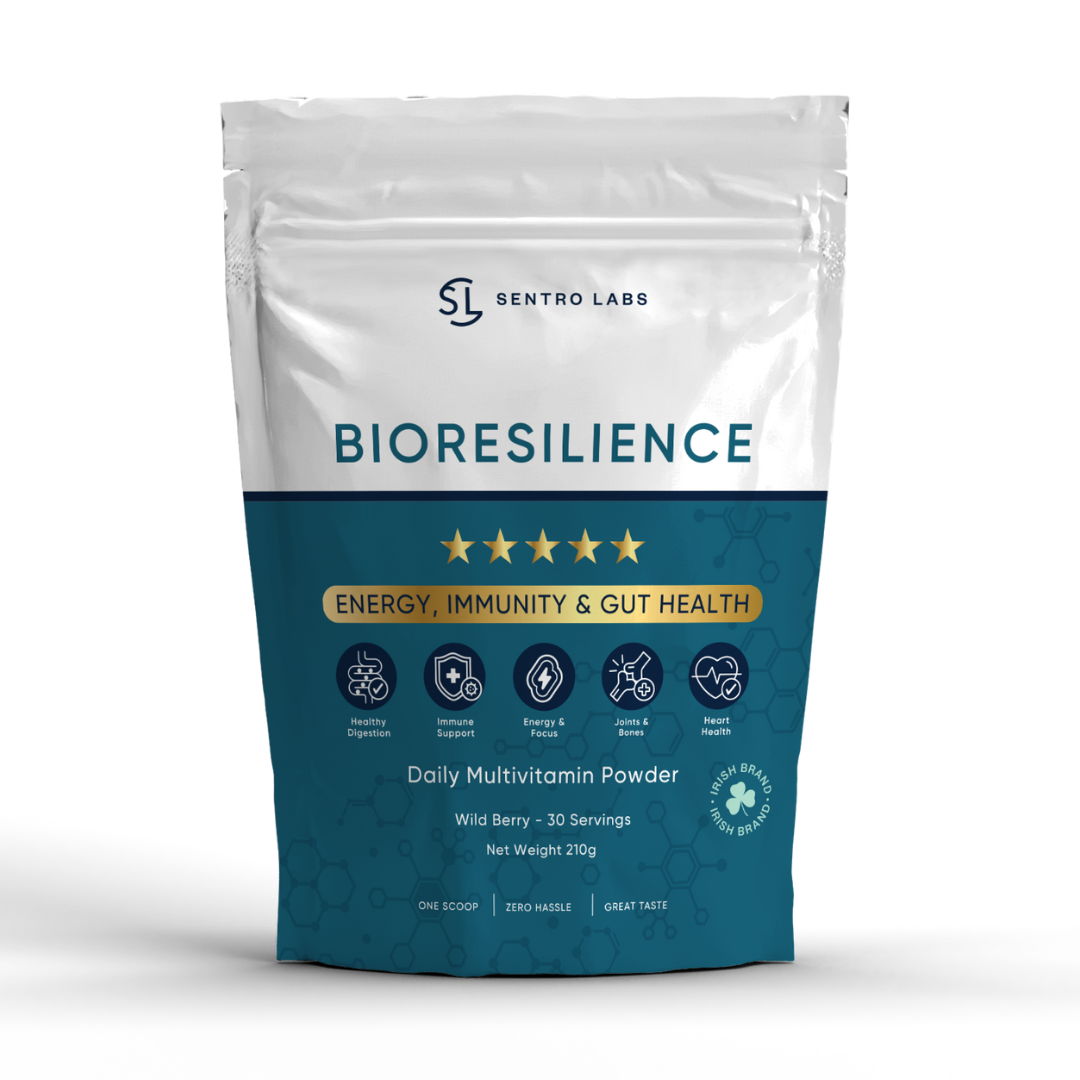




Share:
The Role of L-Theanine in Alleviating Menstrual Discomfort
Lion’s Mane Benefits: Everything You Need to Know